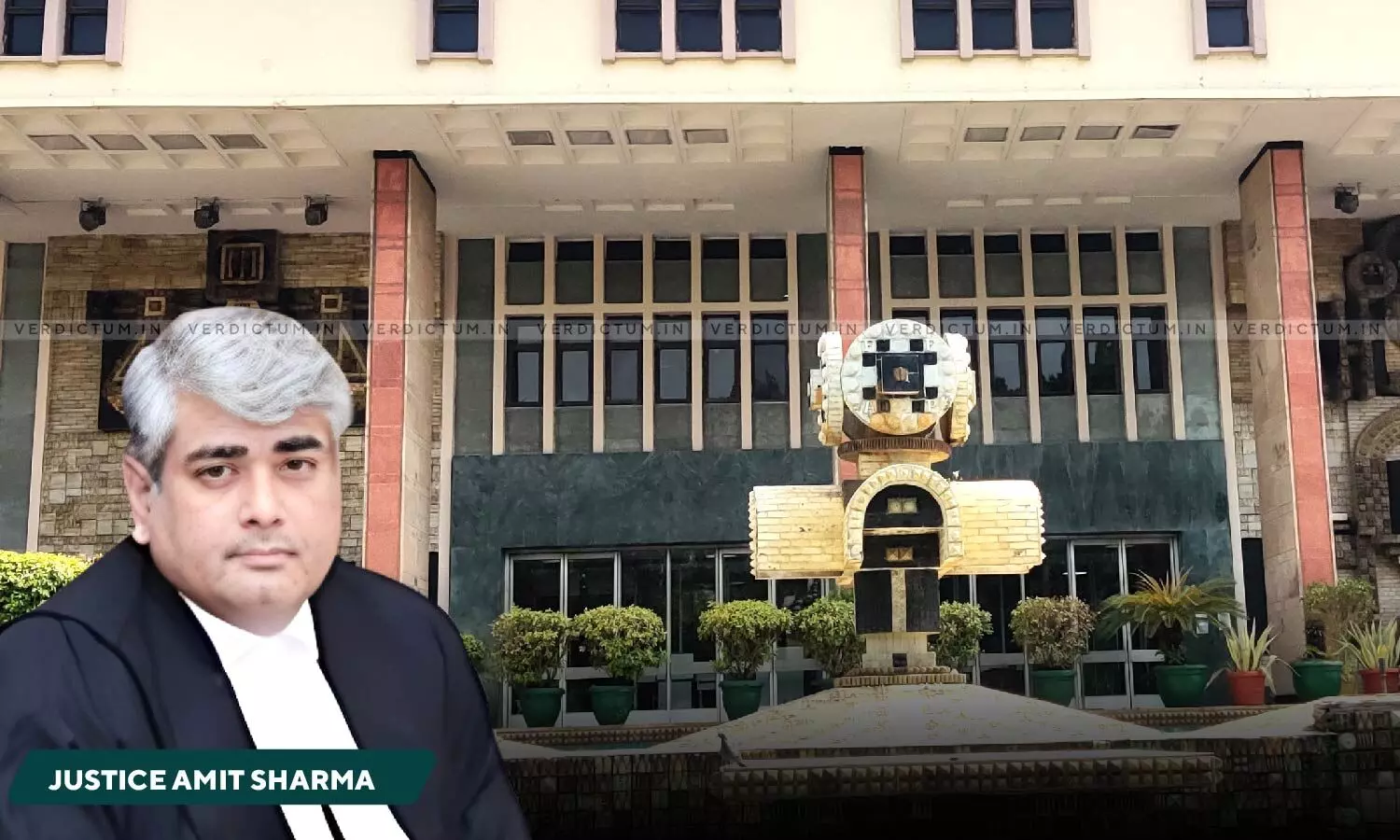
Modus Operandi Adopted By Applicant Prima Facie Demonstrates His Dishonest Intention: Delhi HC While Refusing Anticipatory Bail In Fraud Case
 |
|Believing that custodial interrogation was essential to unearth the trail of the money involved in the case, the Delhi High Court has denied anticipatory bail to a man involved in a Rs. 50 crore fraud case.
A Single Judge Bench of Justice Amit Sharma observed that “The modus operandi adopted by the present applicant prima facie amply demonstrates his dishonest intention. Furthermore, the applicant is seeking anticipatory bail and even after being granted interim protection, he did not cooperate with the investigation”.
Advocate D.K. Sharma appeared for the Petitioner, whereas APP Priyanka Dalal appeared for the Respondent.
As per the brief facts, the prosecution's case revolved around the registration of an FIR by Sumit Agarwal (complainant) against the applicant, Parshant Jain, and other accused individuals. The complainant, engaged in wholesale trade of synthetic yarns, alleged that in July 2021, he was introduced to the applicant by Mr. Rishab Jain, a co-accused. The applicant facilitated a business arrangement whereby the complainant would sell yarn through the applicant's proprietorship firm, M/s Prashant Zippers. This transaction involved purchasing yarn at a discounted price and reselling it in the market. Later, the complainant received a hand-written note on WhatsApp from the applicant, instructing all creditors, who were wholesale yarn dealers, to gather at his factory. At the factory, the applicant, along with his father, stated that his total liability to all of them was zero, and he would not pay anyone for their goods. It was further alleged that the applicant's practice of buying yarn from wholesale dealers and selling it at a lower price had caused a loss of Rs. 50 Crores to wholesale dealers, including the complainant. Subsequently, the FIR was registered, and an investigation was conducted.
The counsel representing the applicant had argued that the present dispute was fundamentally of a civil nature. It was highlighted that there had been a running account between the applicant and the complainant, and according to the accounts, the complainant owed amount to the firm of the co-accused, Rishab Jain. This alleged debt, as per the applicant, had been intentionally concealed by the complainant in the present FIR.
After considering the submission, the Bench noted that in the present case, the primary contention of the applicant that the dispute in the FIR was essentially of a commercial or civil nature had appeared attractive at first glance.
However, the counsel representing the applicant could not provide any explanation for the fact that material purchased at a higher price was, in fact, sold at a lower price. No explanation for this aspect was provided, added the Bench.
Referring to the case of State Rep. by the C.B.I. v. Anil Sharma [(1997) 7 SCC 187], the Bench reiterated that custodial interrogation is qualitatively more focused on eliciting information than questioning a suspect who is already protected by a favorable order under Section 438 of the Code.
Consequently, considering the circumstances of the case, the High Court concluded that custodial interrogation of the applicant was necessary to unearth the money trail. As a result, the interim protection granted to the applicant was withdrawn.
Cause Title: Parshant Jain v. The State (NCT of Delhi) [Neutral Citation: 2023: DHC: 7713]
Click here to read/ download the Judgment